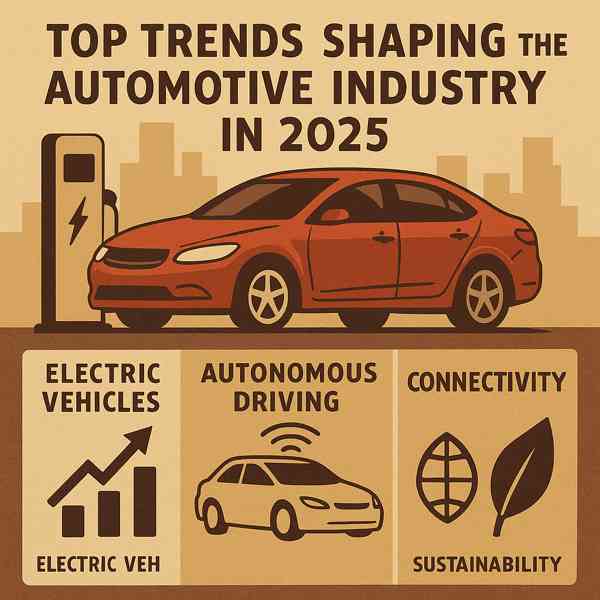
As the world shifts toward sustainability, electric vehicles offer a cleaner solution to our mobility needs.
As battery technology improves and infrastructure expands, owning an electric vehicle has never been more appealing.
What Are Electric Vehicles?
Unlike gasoline-powered cars, EVs produce zero tailpipe emissions.
Key components of EVs include:
- Replaces the internal combustion engine
- Battery pack
- Controls efficiency and output
- Connects to home or public chargers
Electric vehicles come in various types, such as hybrid electric vehicles (HEVs)—each with different levels of electrification.
Advantages of Going Electric
Whether you're looking to save money or reduce emissions, EVs offer a compelling option.
What makes EVs attractive:
- Electricity is cheaper than gas
- Environmental sustainability
- Better overall driving comfort
- Financial perks for EV buyers
For eco-conscious and cost-aware drivers, electric vehicles are an increasingly responsible choice.
Challenges of Electric Vehicles
Understanding the limitations of electric vehicles will help you make an informed decision.
Potential drawbacks to keep in here mind:
- Limited driving range
- Longer trips need planning
- Though often offset by long-term savings
- Battery lifespan and replacement
As technology advances and infrastructure improves, many of these challenges are becoming less significant.
Different Kinds of EVs on the Market
EVs vary by power source, range, and usage.
Main types of EVs include:
- Fully electric with no gas engine
- Plug-in Hybrid Electric Vehicles (PHEVs)
- Self-charges through regenerative braking
- Fuel Cell Electric Vehicles (FCEVs)
Each type has its pros and cons, so buyers should choose accordingly.
EV Charging and Infrastructure
There are multiple charging levels and methods depending on your location.
Types of EV charging stations:
- Level 1 Charging
- 240V outlet at home or public stations
- Can charge 80% in under an hour
- Wireless or inductive charging (emerging tech)
As public charging networks expand, EV owners will enjoy even more accessibility and peace of mind.
The Future of Electric Vehicles
As governments push for cleaner energy and manufacturers invest in innovation, the future of EVs looks revolutionary.
Trends shaping the future include:
- Higher energy density and faster charging
- Turning cars into energy assets
- Autonomous electric vehicles
- More choices at lower prices
As innovation continues, EVs will become more dominant in the automotive world.
Conclusion
With growing demand and continuous improvement, EVs are becoming a future-proof option for more drivers every day.
The future is electric—are you ready to plug in?